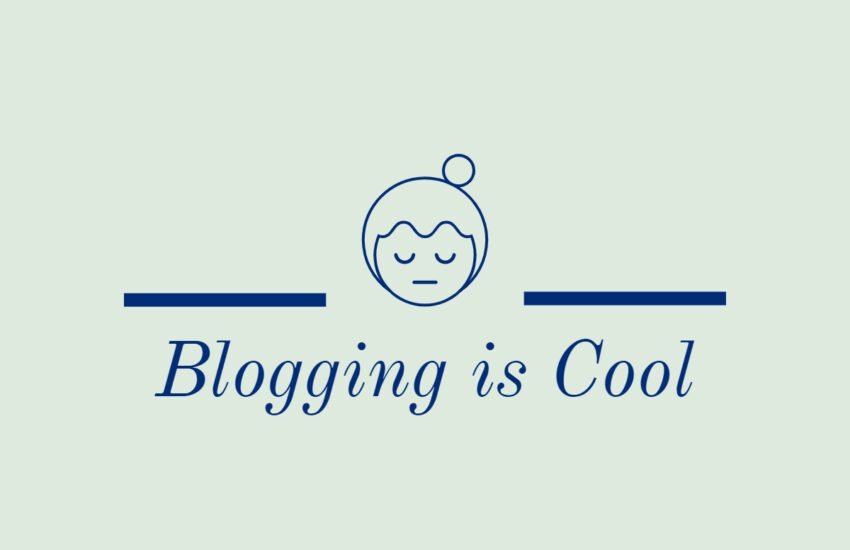A List of 20 Common Questions New Bloggers Ask
- So Many Questions
- 1. When should we start a blog?
- 2. How do we register a domain name?
- 3. What is hosting?
- 4. Which blogging platform should we use?
- 5. How do we choose a blog theme?
- 6. What should we write about?
- 7. How often should we publish blog posts?
- 8. How do we drive traffic to our blog?
- 9. How can we monetize our blog?
- 10. How do we engage with our readers?
- 11. How can we make our blog visually appealing?
- 12. Should we use keywords in our blog posts?
- 13. How long should our blog posts be?
- 14. How do we promote our blog on social media?
- 15. How can we improve our writing skills?
- 16. How do we handle negative comments or feedback?
- 17. How do we measure the success of our blog?
- 18. How do we protect our blog from plagiarism?
- 19. How can we collaborate with other bloggers?
- 20. How do we stay motivated as a blogger?
- Conclusion
So Many Questions
Starting a blog can be an exciting venture, but it’s also common to have many questions when you’re new to the world of blogging.
In this article, we will address 20 commonly asked questions from new bloggers.
Whether you’re wondering how to start a blog, how to register a domain name, or what to write about, we’ve got you covered.
1. When should we start a blog?
There’s no perfect time to start a blog, but the sooner you start, the sooner you can begin sharing your ideas and connecting with your audience.
2. How do we register a domain name?
To register a domain name, you can use a domain registrar such as GoDaddy, Namecheap, or Google Domains. Simply search for available domain names and follow the registration process.
3. What is hosting?
Web hosting is a service that allows your blog to be accessible on the internet. You can choose from various hosting providers like Bluehost, SiteGround, or HostGator to host your blog.
4. Which blogging platform should we use?
There are several popular blogging platforms to choose from, including WordPress, Blogger, and Squarespace. Consider your needs, technical skills, and customization options when selecting a platform.
5. How do we choose a blog theme?
When choosing a blog theme, consider the overall design, layout, and functionality that aligns with the purpose and branding of your blog. Most blogging platforms offer a wide range of free and premium themes to choose from.
6. What should we write about?
Choose a niche or topic that you are passionate about or knowledgeable in. Consider your target audience and their interests when deciding what to write about.
7. How often should we publish blog posts?
Consistency is key when it comes to publishing blog posts. Aim to create a regular posting schedule that you can maintain, whether it’s once a week, twice a month, or any other frequency that works for you.
8. How do we drive traffic to our blog?
There are several ways to drive traffic to your blog, including promoting your content on social media, optimizing your blog for search engines, engaging with other bloggers in your niche, and guest posting on other relevant websites.
9. How can we monetize our blog?
There are various ways to monetize your blog, such as displaying ads, sponsored posts, affiliate marketing, selling products or services, or offering premium content or memberships.
10. How do we engage with our readers?
Engage with your readers by responding to comments on your blog, encouraging social media interaction, and creating opportunities for your audience to share their thoughts and opinions.
11. How can we make our blog visually appealing?
Use high-quality images, videos, and graphics to enhance the visual appeal of your blog. Pay attention to the overall design, color scheme, and typography to create a visually cohesive and pleasing experience for your readers.
12. Should we use keywords in our blog posts?
Using keywords strategically in your blog posts can help improve your search engine visibility. However, focus on creating valuable and engaging content first, and then incorporate relevant keywords naturally.
13. How long should our blog posts be?
The ideal length of a blog post can vary depending on your niche and audience. Aim for a length that provides enough information to cover the topic thoroughly without overwhelming your readers. Typically, blog posts ranging from 1,000 to 2,000 words perform well.
14. How do we promote our blog on social media?
Promote your blog on social media platforms by creating engaging posts, sharing snippets or teasers of your blog content, using relevant hashtags, and interacting with your followers.
15. How can we improve our writing skills?
Improving your writing skills takes practice. Read books, blogs, and articles in your niche to learn from other writers. Write regularly, seek feedback, and be open to continuous learning and improvement.
16. How do we handle negative comments or feedback?
When faced with negative comments or feedback, respond calmly and professionally. Address any valid concerns or criticisms and use it as an opportunity to learn and grow.
17. How do we measure the success of our blog?
Define your own metrics for success, such as website traffic, engagement, conversions, or revenue. Use tools like Google Analytics to track your progress and make data-driven decisions.
18. How do we protect our blog from plagiarism?
To protect your blog from plagiarism, consider using plagiarism detection tools like Copyscape. Additionally, clearly state your copyright policy and terms of use on your blog.
19. How can we collaborate with other bloggers?
Reach out to other bloggers in your niche and propose collaboration ideas such as guest posting, co-creating content, or cross-promoting each other’s blogs. Building relationships with fellow bloggers can help expand your audience and network.
20. How do we stay motivated as a blogger?
Stay motivated by setting goals, celebrating your achievements, seeking inspiration from other bloggers, and reminding yourself of your passion for writing and sharing your ideas.
Conclusion
Starting a blog may seem overwhelming at first, but with the right guidance and answers to your questions, you can embark on your blogging journey confidently.
Remember, blogging is a continuous learning process, so don’t be afraid to explore, experiment, and adapt along the way. Good luck!

